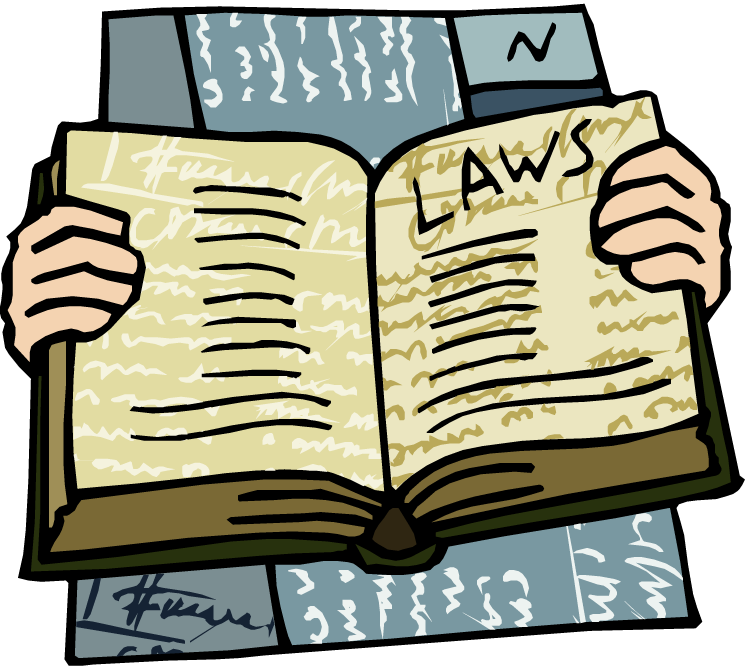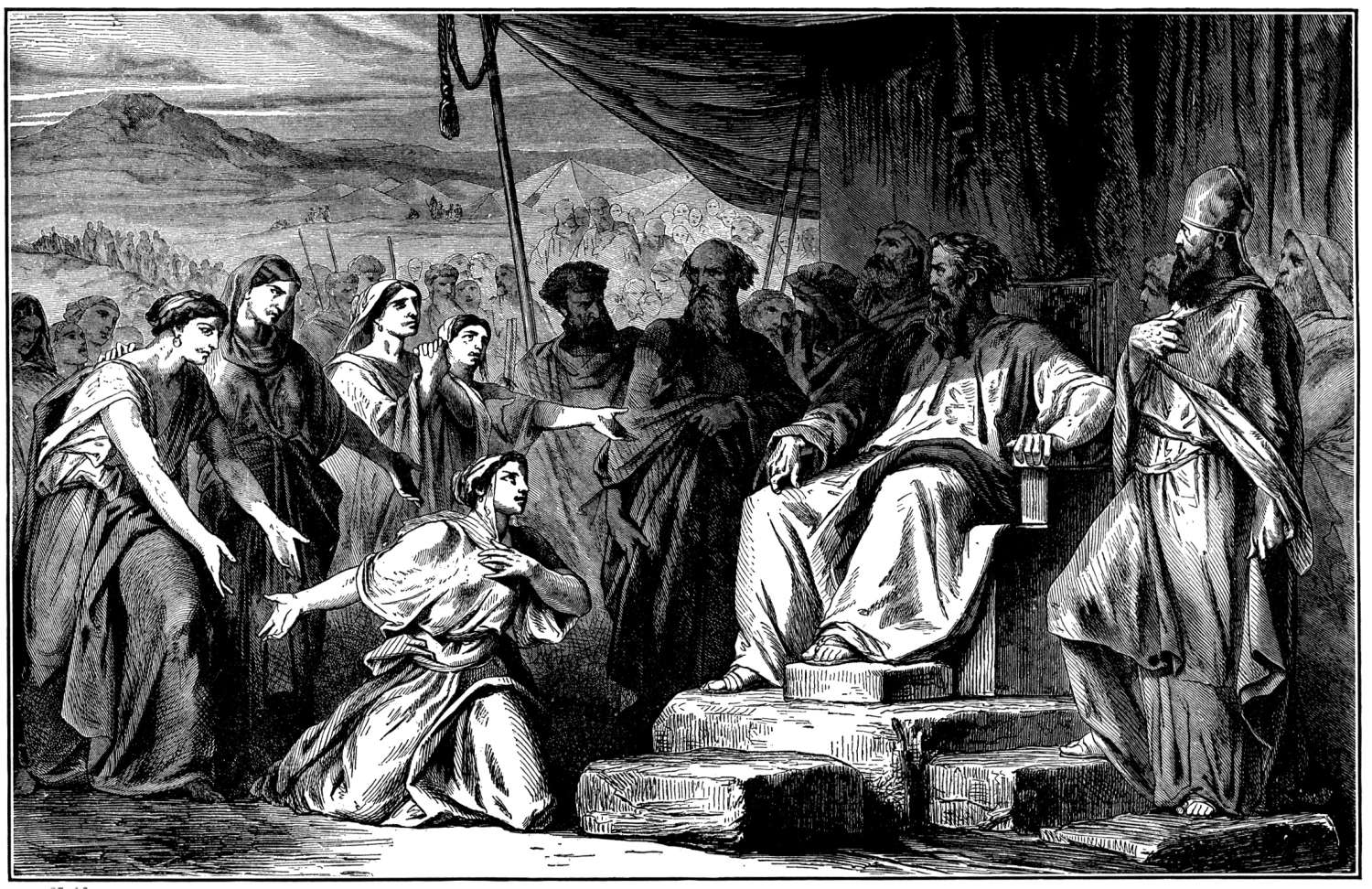Recently, a reader of this blog asked me to explain Paul’s statement in Galatians 3:24.
Wherefore the law was our schoolmaster to bring us unto Christ, that we might be justified by faith.
Here is my promised explanation.
Galatians 3:24, Schoolmaster. The church’s concept and understanding of the schoolmaster is incorrect. Consider what David Stern has to say about it:
Stern in his Complete Jewish Bible translates schoolmaster as custodian. He explains why in his JNT Commentary (p. 553). The word translated as schoolmaster in the KJV and other English Bibles is the Greek word paidagogos which literally means boy-leader. In ancient Greece a paidagogos was a slave who conducted a boy to and from school and was not actually the school teacher. You can verify this definition in Webster’s dictionary. As languages evolve words change in meanings. Therefore, a secondary modern meaning of pedagogue is a teacher or schoolmaster and pedagogy is the science of teaching. Stern explains that the ancient Greek paidagogos had no teaching function and although the Torah had as one of its goals the leading of Jewish people to the Messiah, as Paul explicitly states at Romans 10:4, that is not the import of the present verse. The paidagogos actually would have been a harsh disciplinarian for the Jewish people, providing some protection but generally making the Jewish person aware of many transgressions so that Jews might turn from legalistic rule-following and be declared righteous legally on the basis of faith and being faithful to Yeshua, whose trusting faithfulness to God the Father purchased our salvation.”
Just because the Torah-pedagogue brought us to the Messiah, doesn’t mean we don’t need it anymore. This is a presumptuous and false understanding of Paul in Galatians 3:24 in its broader context.
One purpose of the Torah was to identify our sin (1 John 3:4) and hence our need for the Messiah who forgives that sin. This is what Paul is saying in Gal 3:24.
However, according to the Bible, that isn’t the only purpose of the Torah. It also shows how to walk in righteousness once Messiah has forgiven us of our sins. It also shows us how to love Elohim with all of our heart, soul, mind and strength and our neighbor as ourself, as Yeshua declared in Mark 12:28–31. Love is also the fulfilling of the law, as Paul states in Romans 13:8–10. It also shows us how to know Elohim intimately (1 John 2:3) and how to have the love of Elohim in us (1 John 2:5) and how to walk as Yeshua walked (1 John 2:6).It also shows us how to love the Messiah (John 14:15). It also shows us how to be blessed physically in this lifetime (Deut 28), and will determine our level of spiritual rewards in the world to come (Matt 5:19). Sadly, the mainstream church doesn’t teach these biblical truths.
To say that we don’t need the Torah any longer is tantamount to saying that it’s now all right to worship idols, take Elohim’s name in vain, dishonor our parents, steal, murder, commit adultery, lie, covet, have sex with animals, etc. This is, of course, absurd. But this, in reality, is what those who say the law was done away with are saying.







